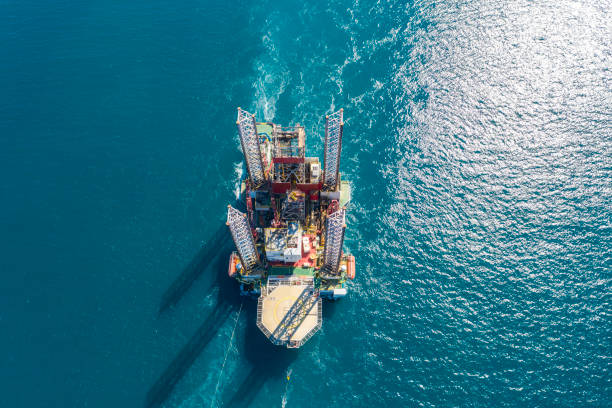
Offshore drilling is a challenging and rewarding career choice that offers a unique set of opportunities and challenges. However, getting started in offshore drilling jobs can be difficult, especially if you don't know where to start. In this blog post, we'll explore how to get started in offshore drilling jobs, including education and training requirements, and job search tips.
Education and Training Requirements
The education and training requirements for offshore drilling jobs can vary depending on the specific job and company. However, some common requirements include:
- High School Diploma or GED: Most offshore drilling jobs require a high school diploma or GED as a minimum education requirement.
- Post-Secondary Education: While not always required, post-secondary education in a relevant field such as engineering, geology, or environmental science can be an advantage when applying for offshore drilling jobs.
- Industry Certifications: Industry certifications, such as a Well Control Certification, can be required for some offshore drilling jobs.
- Training: Offshore drilling companies typically provide on-the-job training for new employees to ensure they understand the company's safety procedures and drilling processes.
Job Search Tips
When searching for offshore drilling jobs, there are several tips you can follow to increase your chances of success:
- Research the Industry: Learn about the oil and gas industry and the different types of offshore drilling jobs available. Research companies that offer offshore drilling jobs and the requirements for these jobs.
- Network: Networking is an important part of finding a job in the oil and gas industry. Attend industry events, join professional organizations, and connect with people in the industry on social media.
- Apply to Multiple Companies: Apply to multiple offshore drilling companies to increase your chances of getting a job. Be sure to tailor your resume and cover letter to each company.
- Be Flexible: Offshore drilling jobs can be located in remote areas and may require long periods away from home. Be willing to be flexible in terms of location and scheduling.
Conclusion
Getting started in offshore drilling jobs can be challenging, but with the right education, training, and job search strategies, it's possible to succeed. By researching the industry, networking, applying to multiple companies, and being flexible, you can increase your chances of landing a job in this exciting and rewarding field.






0 Comments